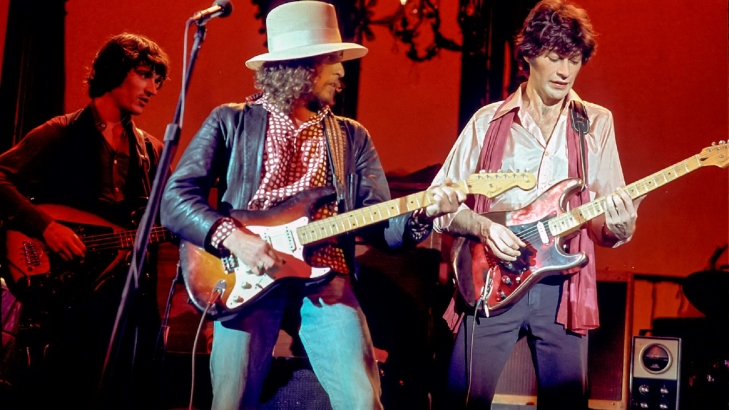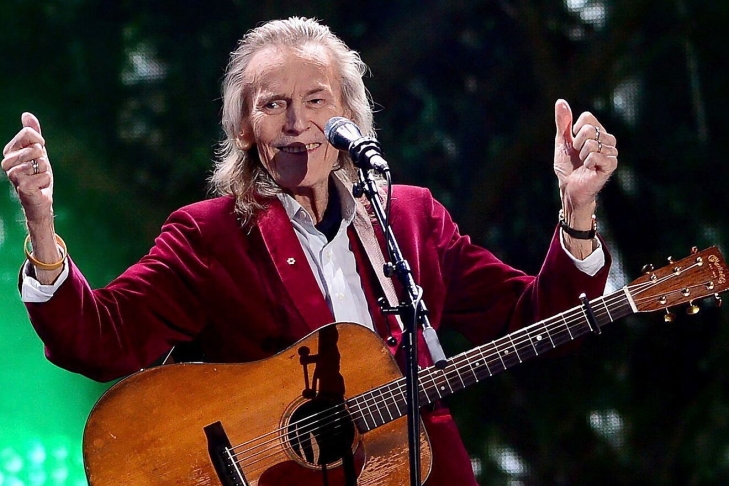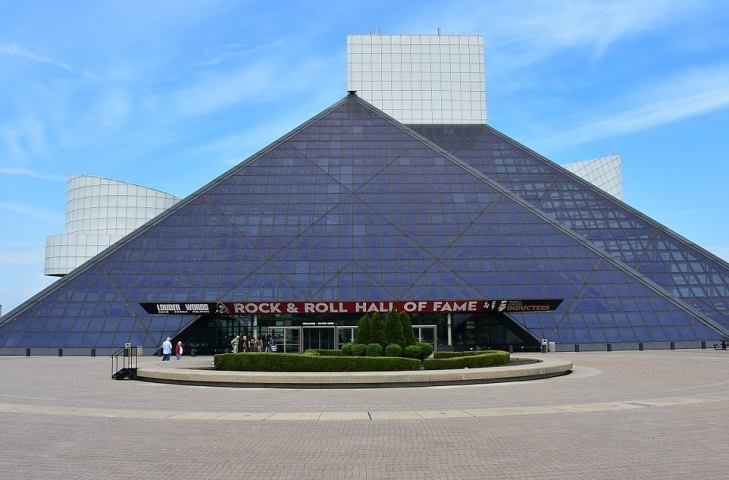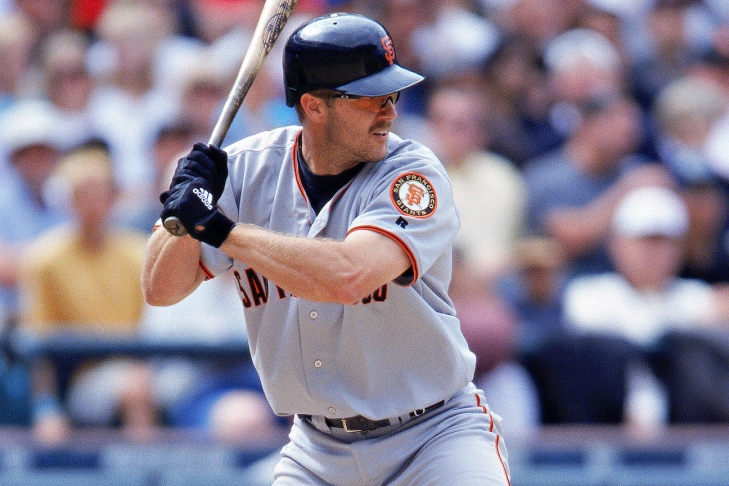- Published in DDT's Pop Flies
Robbie Robertson's Last Waltz
Quite honestly, I can't you tell how many times I've seen The Last Waltz, but I do know that the next time I do, it will be with sadness knowing that Robbie Robertson, alive forever in that landmark rock and roll concert movie, died on August 9 at the age of 80 after his battle with prostate cancer.
Given that The Last Waltz had been directed by Martin Scorsese and had featured a galaxy of classic-rock stars from Bob Dylan, Joni Mitchell, and Van Morrison to Eric Clapton, Muddy Waters, and Neil Young, it is somehow fitting that even casual rock fans—certainly those born after the movie's release date of 1978—who might have vaguely heard of the Band, whose farewell concert is the very purpose of the movie, might still ask, "Robbie who?"




